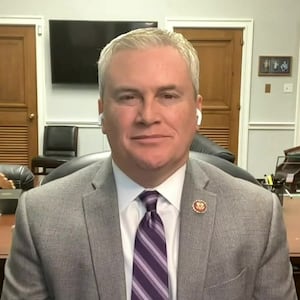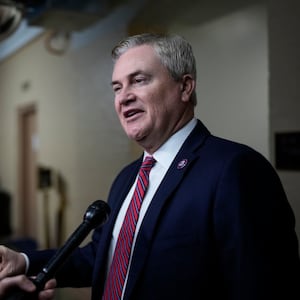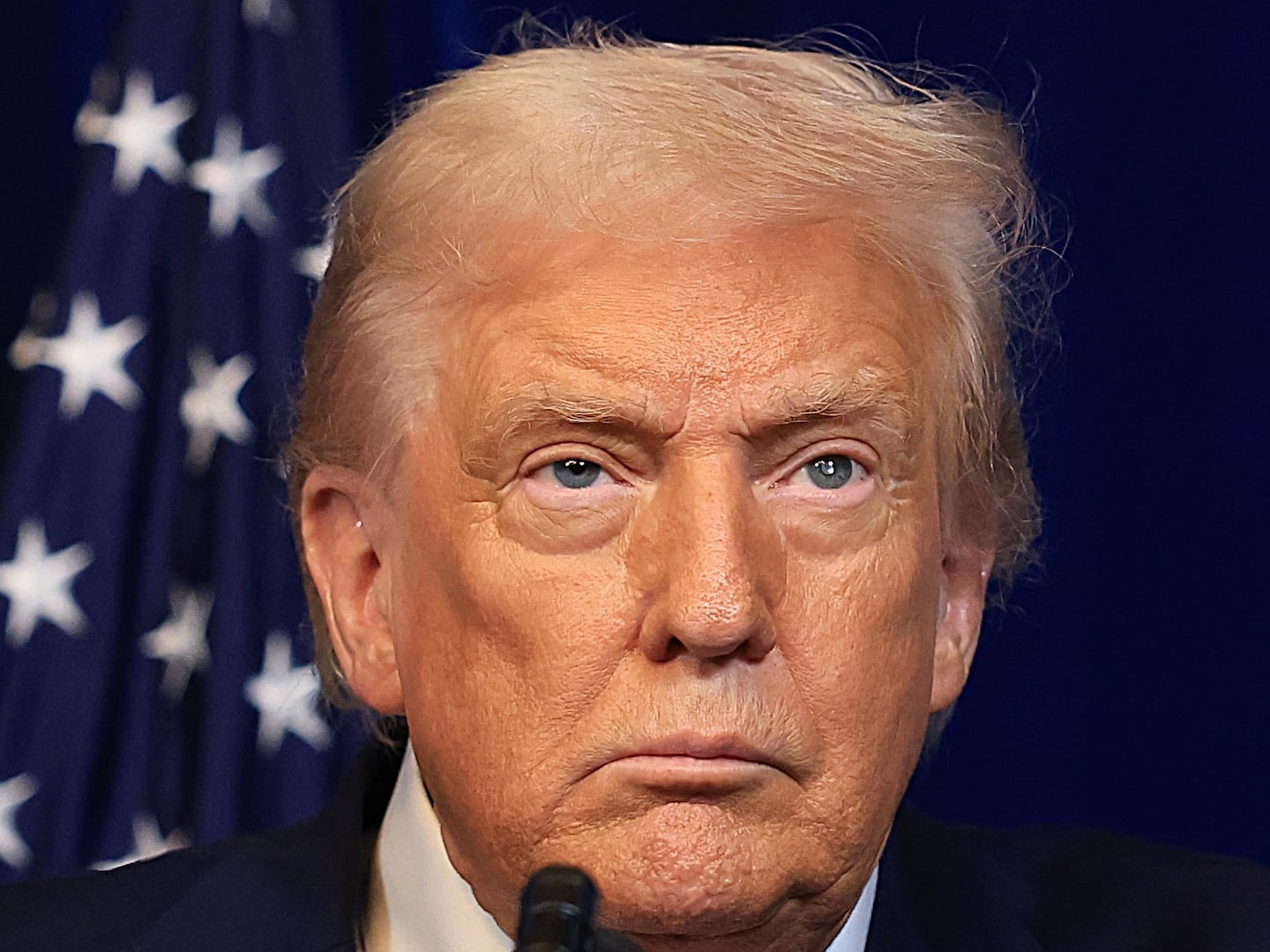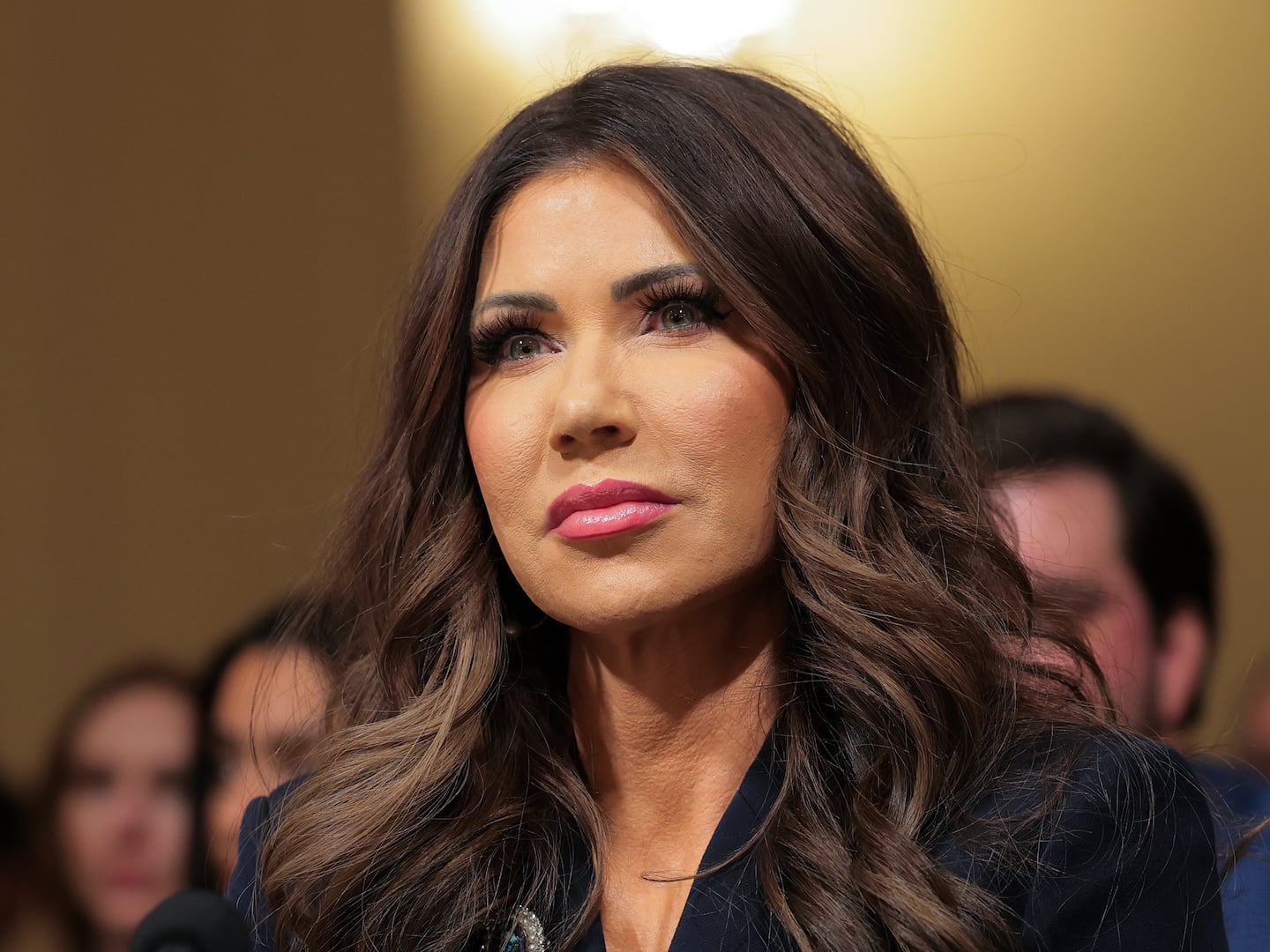New House Oversight Committee Chairman James Comer (R-KY) has vowed to use his position to investigate “waste, fraud, abuse, and mismanagement” in federal COVID loans. But if that’s the case, he might actually find himself looking into his own role in that program—as well as his brother’s.
In 2020, Comer, a critic of government spending, co-sponsored legislation that would essentially automatically forgive COVID Paycheck Protection Program loans of $150,000 or less. After the bill passed, Comer’s brother, Chad, received about $12,000 in PPP loans at the address of a farm he appears to have co-owned with the congressman, listing one employee, according to federal data. Rep. Comer was formerly on the board of the bank that secured his brother’s loan, which has been forgiven in full, plus interest, according to ProPublica data.
Comer’s office did not respond to a request for comment for this story.
Want a closer look inside the pockets of the government’s most powerful players? Subscribe to the Pay Dirt newsletter here for exclusive reporting every Thursday.
Kyle Herrig, executive director of the left-leaning Congressional Integrity Project, told The Daily Beast in a statement that Comer had “padded his brother’s pockets” and should start his investigation by “looking in the mirror.”
“While Chairman Comer has made clear that orchestrating political attacks on Joe Biden’s family is his top priority, his own family benefitted from PPP loans while spending lavishly on luxuries like NFL season tickets. If Comer is looking for evidence of waste, fraud, and abuse in pandemic aid programs, he should start by looking in the mirror,” the statement said. “The PPP reporting guidelines he helped relax padded his brother’s pockets. Instead of spending all his time pushing partisan smears, Chair Comer should focus on the priorities the American people care about, like reducing costs.”
In November, Comer told NBC’s Meet the Press that “there have been hundreds of billions, if not trillions of dollars, wasted over the past three years, so that spans two administrations, in the name of COVID.”
“We want to have hearings on that,” he continued, singling out “the fraudulent PPP loan funds” and “some of this money that’s being spent for state and local governments in the COVID stimulus money.”
But Comer’s fiscal hawkishness led him to introduce a pair of bills which, had they passed, may have weakened regulatory oversight of COVID programs. They include a ban on increased compliance costs during the pandemic, and a bill allowing the president to suspend agency enforcement of any rule that would “unreasonably inhibit” small business recovery.
“We know there are hundreds of billions of dollars that were wasted in the unemployment insurance extensions and the stimulus funds and the PPP loan funds,” Comer told Fox News earlier this month.
In October 2020, Comer joined dozens of Republican and Democratic House colleagues to co-sponsor legislation that would nearly automatically forgive PPP loans under $150,000. That December, Comer voted for the $900 billion COVID stimulus bill, which contained a provision that shielded banks and other lenders from enforcement action related to those loans.
The next month, Chad Comer received $11,853.97 in PPP loans, for a farm located in Red Boiling Springs, Tennessee. According to ProPublica data, the loan application listed one employee. The lender—South Central Bank—is also home to a farm bank account that James Comer lists on his 2021 financial disclosure. James Comer was on South Central Bank’s board of directors for 12 years.
That same financial disclosure shows that James Comer co-owns farmland in Red Boiling Springs. He also claims to have bought out his brother’s stake in farm property there that same year, which the disclosure valued between $15,001 and $50,000.
(Chad Comer also appears to have held a pair of Tennessee Titans season tickets in 2021, the same year he got the PPP loan. He posted a number of gameday photos from the 2021-2022 season on his public Twitter account.)
In November 2021, Chad Comer shared on Facebook that his tickets were premium, located in the lower level. The Titans’ virtual stadium tour pegs their combined value at nearly $3,000—about a quarter of what he received in PPP money that year. (A Titans media representative did not reply to The Daily Beast’s questions for this report.)
In a press conference one year later, James Comer chided President Biden’s brother, Jim, for using the family name “to enrich himself” with loans he did not repay.
“The Biden Administration has answered none of our requests for information regarding the Biden family or the financial transactions that they engaged in,” Comer said at the time.
The $800 billion PPP loan initiative has seen praise from both sides of the aisle, including Senate Minority Leader Mitch McConnell, who called it “a bipartisan slam dunk.” But those conclusions are widely disputed among economists. For instance, The New York Times reported in 2021 that while economists with the Treasury Department believe the program may have saved up to 19 million jobs, many academics say the true number is exponentially lower, with one economist pegging the number between 1.4 million and 3.2 million.
“A very large chunk of the benefit went to a very small share of the firms, and those were probably the firms least in need,” M.I.T. economist Dave Autor told the Times.
The program has also met with harsh criticism for its lack of effective oversight, which made the loans appealing to fraudsters. Last December, the Secret Service said that criminals had made off with more than $100 billion in COVID relief funds, including a large chunk of PPP money. The Justice Department has issued a slew of indictments related to the program. Within just the last week, federal prosecutors indicted an Atlanta-area promoter and sentenced two people in connection to PPP fraud, including a New York woman who bilked the government out of $9.2 million.
In that context, Comer’s larger point that the PPP program needs review would appear to carry significant merit.
NPR reported in October that despite, or in some cases perhaps because of, the lack of regulatory guardrails, about 91 percent of PPP loans have been already forgiven. The report referenced a University of Texas study which estimated that of the approximate 11.4 million loans awarded, about 1.4 million—10 percent—bore signs of fraud.
The Small Business Administration, which ran the program, disputed the finding, but an official told NPR that SBA auditors had conducted manual reviews of only about 215,000 loans. Of those, about 21,000 were denied forgiveness.









